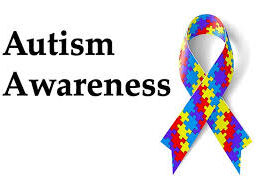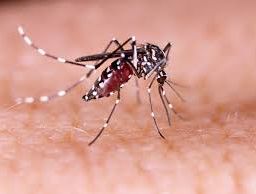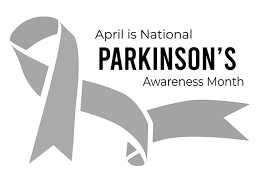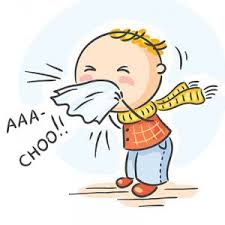
Understanding Cold Symptoms: Prevention and Relief Tips
Are you feeling under the weather? Understanding common cold symptoms can help you determine if you’re coming down with a cold. From a runny nose to a scratchy throat, recognizing these signs early can guide you in managing your health effectively. Let’s explore the typical symptoms associated with a cold and how to deal with them.
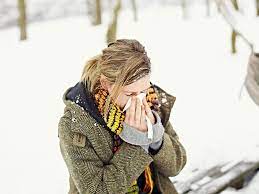
As the temperature drops and the rain starts to fall, many people start to worry about catching a cold. It’s a common belief that cold, wet weather can cause a cold, but is there any truth to this? In this post, we will explore the relationship between cold weather and the common cold.
What is the Common Cold?
The common cold is a viral infection that affects the upper respiratory system. It’s caused by a variety of viruses, including rhinoviruses, coronaviruses, and adenoviruses. Symptoms of the common cold include a runny or stuffy nose, sore throat, cough, and fatigue. While the common cold is usually a mild illness, it can be more severe in young children, older adults, and people with weakened immune systems.
Can Cold Weather Cause a Cold?
While it’s true that cold weather is often associated with an increase in colds and other respiratory infections, it’s not actually the cold weather itself that causes the illness. Instead, it’s the fact that people tend to spend more time indoors during the winter months, where they are more likely to come into contact with others who are sick.
Why Do We Get More Colds in the Winter?
There are a few reasons why we tend to get more colds in the winter. First, as mentioned earlier, we spend more time indoors during the winter months. This means we are in closer proximity to other people who may be sick. Second, the dry air that comes with colder temperatures can dry out our nasal passages, making it easier for viruses to infect us. Finally, our immune systems may not function as well in colder temperatures, making us more susceptible to infections.
How Can You Prevent a Cold?
While there is no surefire way to prevent a cold, there are some steps you can take to reduce your risk of getting sick. First, wash your hands frequently with soap and water, especially after coming into contact with someone who is sick. Second, avoid touching your face, as this can transfer viruses from your hands to your nose and mouth. Finally, get plenty of rest, eat a healthy diet, and stay hydrated to keep your immune system functioning at its best.
What Should You Do If You Get a Cold?
If you do come down with a cold, there are some things you can do to help alleviate your symptoms. First, get plenty of rest and stay hydrated. Second, use over-the-counter medications like decongestants and pain relievers to help relieve symptoms like congestion and sore throat. Finally, consider using a humidifier to help moisten the air and ease congestion.
Can You Get a Cold from Being Cold?
Another common myth is that you can catch a cold simply by being cold. While being cold can weaken your immune system and make you more susceptible to infections, it’s not the cold itself that causes the illness. Instead, it’s exposure to the viruses that cause the common cold that leads to infection.
What About Wet Weather?
While wet weather may not directly cause a cold, it can make it more likely that you’ll catch one. This is because rain and snow can make surfaces like doorknobs and handrails more likely to harbor viruses. Additionally, wet weather can make it more difficult for your body to regulate its temperature, which can weaken your immune system and make you more susceptible to infections.
In conclusion, while cold weather may not directly cause a cold, it can make it more likely that you’ll catch one. By taking steps to reduce your risk of infection and taking care of yourself if you do get sick, you can help keep yourself healthy during the winter months. Remember to wash your hands frequently, avoid touching your face, and stay hydrated to keep your immune system functioning at its best.
Disclaimer: The information provided in this content is for general informational purposes only. It is not intended as medical or healthcare advice, diagnosis, or treatment. Always seek the advice of a qualified healthcare professional with any questions you may have regarding a medical condition or healthcare decisions.





